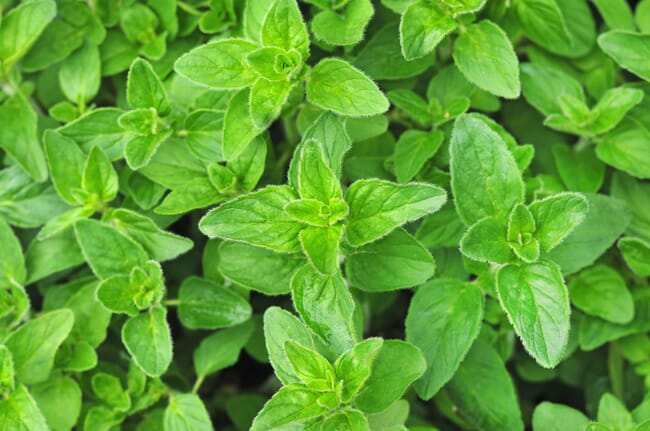The emergence of antibiotic resistant bacteria due to the overuse of antibiotics - plus the fact that many of the synthetic chemicals developed to combat them have potential carcinogenic effects, acute toxicity and environmental hazards - has encouraged research into promising substitutes in order to control drug-resistant microorganisms.

The use of antibiotics to deal with bacterial pathogens - for example Aeromonas species - in farmed fish is becoming limited due to increasing concerns over the development of resistance and environmental dissemination of bacteria harbouring resistance genes.
The new study – the results of which were published in Aquaculture Research this week – looks at whether the addition of a number of nano-encapsulated plant-derived essential oils (EOs) (Origanum vulgare, Eucalyptus globulus, Melaleuca alternifolia and Lavendula angustifolia) were bacteriostatic or bactericidal to the common fish pathogens Aeromonas hydrophila, Streptococcus iniae and Photobacteriumdamselae subspecies damselae.
The results suggest that all four oils showed antibacterial activity, and in almost all cases the activity of the nano-emulsions was superior to their EO counterparts. Origanum vulgare (oregano) had the most effective antibacterial activity, with a minimal inhibitory concentration (MIC) and minimum bactericidal concentration (MBC) of 3.12 μg/ml against all three species; substantially better than the antibiotic tetracycline.
The study, argue its authors, highlights the potential of new formulations of essential oils to enhance bacterial disease control in cultured fish “suggesting that they may be ideal candidates for the topical treatment for infections and/or surface decontamination”.
However, they add, “supplementary studies are necessary to test further herbal antibiotics to obtain maximum bactericidal effect, to find the most effective delivery methods and to optimize solubility of EOs in various water chemistries”.


